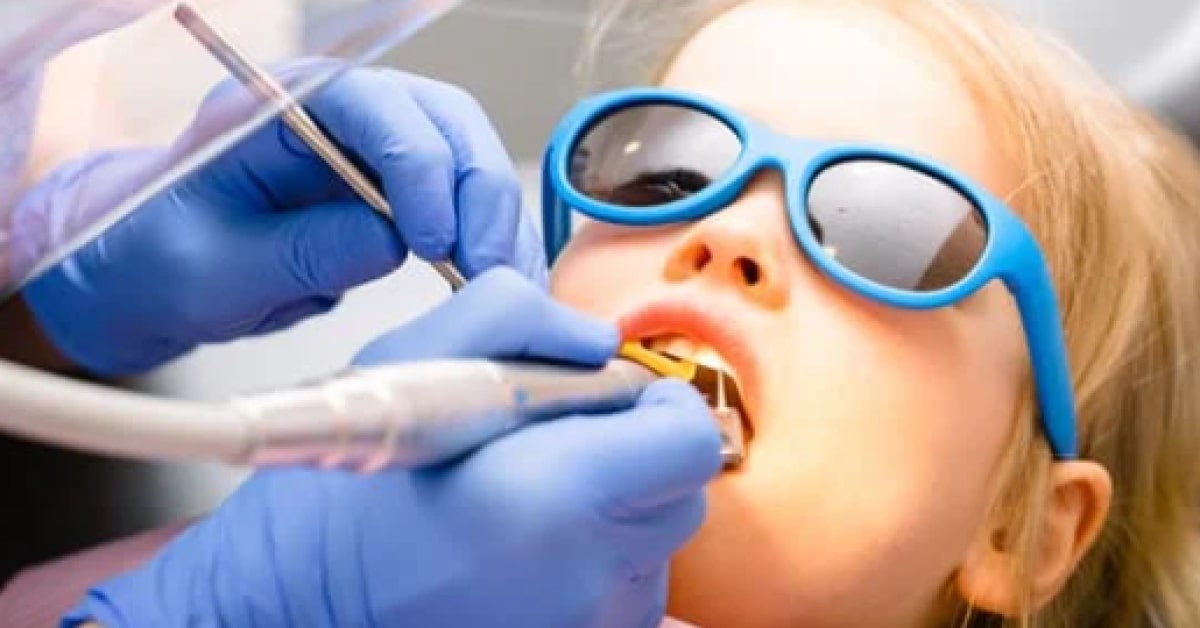Blog
July 06, 2023 • 10 mins readThe Silver Lining: 5 Ways Dental Practitioners Can Improve the Lives of Sleep Apnea Patients
Learn 5 ways dental practitioners can improve the lives of sleep apnea patients to provide better care and support, and discover the silver lining of helping those in need.
Author
Danielle Duncan

In this Article
As a dental practitioner, you have the opportunity to make a significant positive impact on the lives of your patients who suffer from sleep apnea. While this condition can be challenging to treat, there are several ways that you can help your patients improve their quality of life. In this article, we’ll explore five ways dental practitioners can improve the lives of sleep apnea patients.
1. Screen for Sleep Apnea
The first step in improving the lives of sleep apnea patients is to identify those who may be at risk of the condition. As a dental practitioner, you have a unique opportunity to screen your patients for obstructive sleep apnea (OSA) during routine dental exams. Look for signs such as snoring, daytime sleepiness, and morning headaches. If you suspect that a patient may have sleep apnea, refer them to a sleep specialist for further evaluation. If you haven’t implemented dental sleep medicine into your practice yet, we can help!
2. Offer Oral Appliance Therapy
Oral appliance therapy (OAT), such as Ripple products, are common treatments for sleep apnea that can be prescribed by dental practitioners. OAT involves the use of a custom-fit device that is worn in the mouth during sleep. The device helps to keep the airway open, reducing the frequency and severity of apneas. OAT is a non-invasive treatment option that can be effective for many patients.
3. Collaborate with Sleep Specialists
If you aren’t yet trained in diagnosing and treating sleep apnea, collaborating with sleep specialists is essential for providing comprehensive care to sleep apnea patients. Sleep specialists can help diagnose the condition and provide treatment recommendations, while dental practitioners can offer OAT and monitor the patient’s progress. By working together, you can ensure that your patients receive the best possible care.
4. Educate Patients on Sleep Hygiene
In addition to providing treatment, dental practitioners can also educate their patients on the importance of good sleep hygiene. Sleep hygiene refers to the habits and practices that can improve the quality of sleep. Encourage your patients to maintain a regular sleep schedule, avoid caffeine and alcohol before bedtime, and create a relaxing sleep environment. By promoting good sleep habits, you can help your patients improve their overall health and well-being.
5. Monitor Treatment Efficacy
Finally, it’s essential to monitor the efficacy of treatment for sleep apnea patients. Regular follow-up appointments can help you assess whether the patient’s symptoms have improved and whether any adjustments to the treatment plan are necessary. By monitoring treatment efficacy, you can ensure that your patients receive the best possible care and achieve the best possible outcomes.

How can you help patients afford their treatments to increase compliance?
Dentists who treat patients with sleep apnea may be able to bill medical insurance for their services. Sleep apnea is a serious condition that can have significant impacts on a patient’s health and well-being, and it’s important to ensure that patients have access to the care they need.
Dentists can help their patients by working with medical insurance providers and staying up-to-date on the latest regulations, and icd-10. OSA can definitely be covered by insurance with the right codes, notes, and proven medical necessity. If you have questions about billing medical insurance for sleep apnea treatment, speak with one of our amazing experts today!
Dental practitioners have a unique opportunity to improve the lives of sleep apnea patients. By screening for sleep apnea, offering oral appliance therapy, collaborating with sleep specialists, educating patients on sleep hygiene, and monitoring treatment efficacy, you can help your patients achieve a better quality of life. Remember, early detection and treatment of sleep apnea can make all the difference in your patient’s overall health and well-being.



